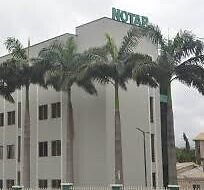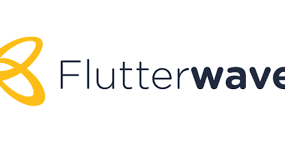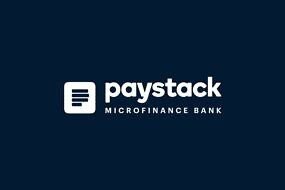The cryptocurrency world just witnessed a surprising development as Tether, the issuer behind the USDT stablecoin, secured a minority stake in the renowned Italian football club, Juventus FC. This strategic investment signals Tether’s ambition to expand into the sports industry.
Tether confirmed the acquisition through its investment division, Tether Investments, stating that the move aligns with its vision of integrating technologies with traditional industries. “Tether will be a pioneer in merging new technologies, such as digital assets, AI, and biotech, with the well-established sports industry to drive change globally,” said Paolo Ardoino, Tether’s CEO.
Juventus FC, based in Turin, remains under the control of Italy’s Agnelli family through their investment company, Exor. Following the announcement, the club’s publicly traded shares on the Italian stock exchange surged by 2.5%, reflecting investor optimism over the new partnership.
The news also impacted Juventus’ crypto fan token (JUV), which recorded a staggering 200% increase in value before stabilizing. This comes as Tether diversifies its operations beyond its core stablecoin business, having reported $13 billion in profits last year and actively investing in artificial intelligence, payments, and energy sectors.
USDT, Tether’s flagship stablecoin, remains the largest in the market, with a capitalization of $139 billion, according to CoinGecko. Stablecoins, which are typically pegged to traditional assets like the U.S. dollar, aim to maintain price stability and are widely used for digital transactions.
Although Juventus has not responded or confirmed this purchase by Tether, Reuter reports that a spokesman for the Agnelli family holding company says Exor has not sold any shares in Italian soccer club Juventus to cryptocurrency firm Tether
Regulatory Hurdles in Europe
However, Tether’s expansion comes amid increasing scrutiny in Europe. Just weeks ago, Crypto.com delisted USDT and nine other tokens in response to the Markets in Crypto-Assets Regulation (MiCA) framework. European regulators, particularly the European Securities and Markets Authority (ESMA), have been tightening compliance measures, forcing crypto asset service providers to restrict non-MiCA-compliant stablecoins.
“By ESMA’s definition, USDT is a non-compliant asset. Tether does not have a license. No trace of USDT should remain, not even in ‘sell-only’ mode by March 31,” noted Juan Ignacio Ibañez, a MiCA Crypto Alliance technical committee member.
Tether has acknowledged these regulatory shifts, stating that it remains engaged with the evolving compliance landscape. Meanwhile, several European crypto platforms have secured MiCA licenses, while others, including Crypto.com, are actively pursuing regulatory approval in Malta.







2 replies on “Tether’s Bold Move: Crypto Giant Acquires Stake in Juventus FC”
[…] African financial firm Altvest Capital is making waves in the cryptocurrency sector, becoming the first publicly listed company in Africa to incorporate Bitcoin into its treasury […]
[…] one of Africa’s leading cryptocurrency exchanges, has announced a strategic collaboration with Tether, the world’s largest stablecoin issuer, to advance blockchain education across the continent. […]